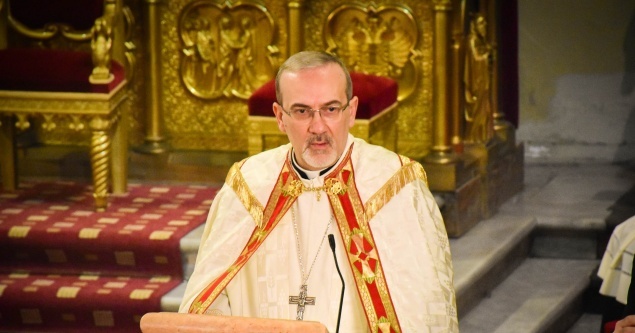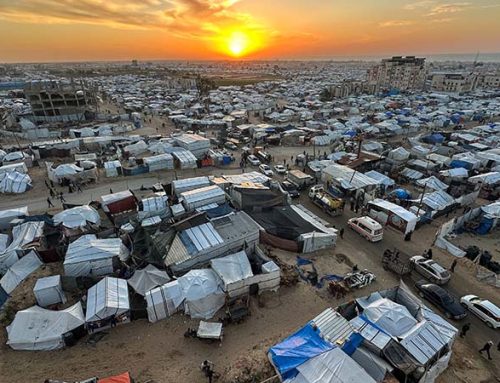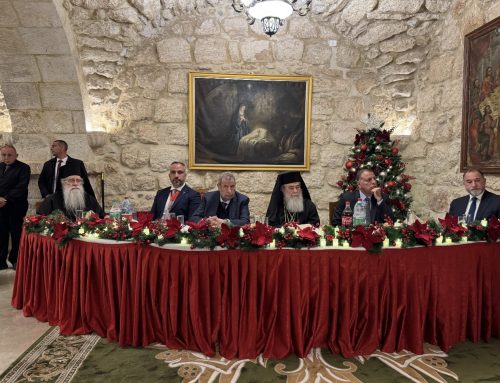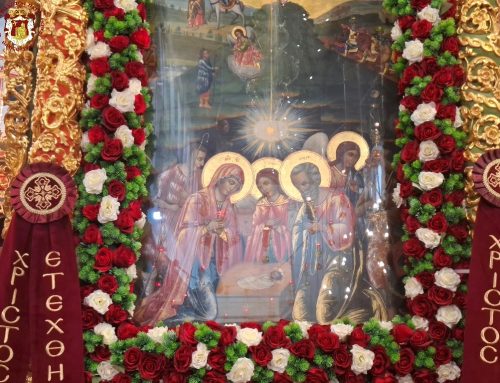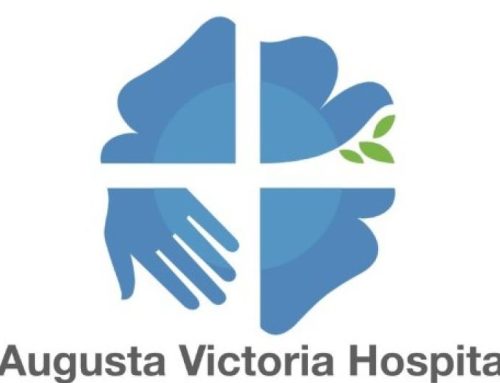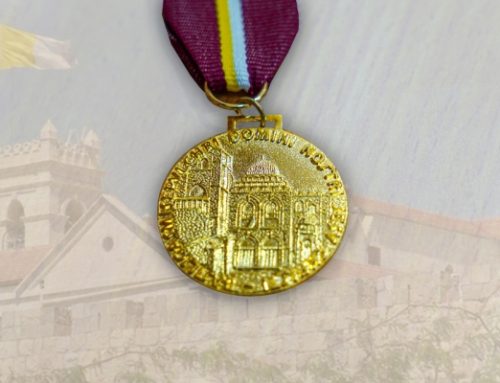JERUSALEM – In his first interview with the Media Office of the Latin Patriarchate as Latin Patriarch of Jerusalem, His Beatitude Pierbattista Pizzaballa spoke about his first pastoral letter, the current financial situation of the Patriarchate, the Church’s response to COVID-19 crisis, the challenges of Christians and the subject of clericalism in the Holy Land.
As Patriarch, what essential subjects and themes will you treat in your first pastoral letter?
It is still early to express the main points of the next pastoral letter, which will be written in the coming months. I think there will be, in part, an analysis of the life of the diocese, on the situation we are experiencing. Still, there will also be a part that will address our Church’s vocation and its particular mission for the life of the diocese and the rest of the Church, which comes here on pilgrimage. There will undoubtedly be some pastoral indication. It should be a letter that initiates dialogue in the diocese and not so much a message that immediately defines what to do.
Where does the Latin Patriarchate stand financially, presently?
Currently, our situation is better, but the problems are not yet over, totally over. We settled the primary debt we had with external banks, but we still have some other issues to be solved in the coming year. I hope it will be possible to solve them, despite the difficulties connected with COVID-19 problems.
How satisfied are you with the Church’s work in responding to the challenges imposed by the COVID-19? What is not being done?
It is difficult to answer this question because the COVID-19 crisis is not over yet. From one point of view, I’m happy because the appeal we made to the Knights and to other Institutions has been successful. I also saw a lot of internal commitments of our communities, supporting each other. I’m not satisfied with the way some parishes dealt with the Sacramental life. Some were very active despite everything, respecting the authorities’ restrictions, while others were much less present. We should discuss this, even if the situation is very ambiguous, and it is difficult to make programs in this vague and continually changing situation.
What challenges are facing Christians in the Holy Land now?
The challenges Christians are facing at this time are always the same: there are the economic issues worsened by the COVID-19 crisis and the lack of pilgrims; also, in Jordan, the economic situation is quite problematic. We have more and more families without an easy perspective of a serene life. We have known political issues. Additional challenges are seen in families having fewer children, the needs of schools, the unity of the diocese in the diversity of our communities, and many others.
You touched upon clericalism in the past; how visible is it in the Holy Land in your experience? And how can you approach dealing with it?
Clericalism has been touched upon not just by myself, but by the Pope himself in the different meetings. Here the centrality of the priest and the risk of clericalism is very evident. We need to improve the cooperation between our clergy and our people in all aspects of our lives. But this is not a matter we can solve by decree; it requires formation and long-term perspectives.
By: Saher Kawas
Source: Latin Patriarchate of Jerusalem

